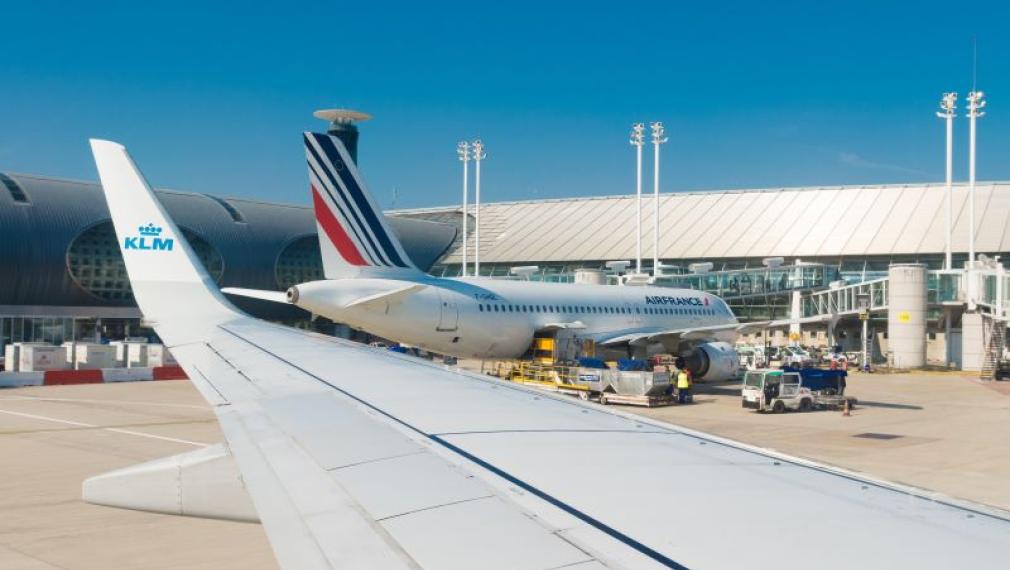Sustainable Aviation Fuel
With governments and airlines committed to decarbonizing aviation by 2050, innovative solutions are required and sustainable aviation fuels (SAF) could play a major role in meeting targets. IATA estimates that SAF could contribute around 65% of the reduction in emissions needed by aviation to reach net-zero in 2050. This will, however, require a massive increase in production in order to meet demand.
Latest News On Sustainable Aviation Fuels
May 17, 2024
Changes were seen at U.S., European and South American carriers, a major SAF provider, an aircraft manufacturer, and a European airport management company.
May 17, 2024
Pittsburgh International Airport has announced plans to build a facility on its property to produce hydrogen and sustainable aviation fuel (SAF).
May 17, 2024
Pittsburgh International Airport has announced plans to build a facility on its property to produce hydrogen and sustainable aviation fuel (SAF).
May 15, 2024
A mandate would provide stability and a more even playing field, enabling the aviation industry to cut emissions more quickly.
May 14, 2024
Airlines for Europe (A4E) has revealed that work is underway to update the cross-European industry Destination 2050 net-zero roadmap released in November 2021.
May 14, 2024
Signature’s blended SAF offering at LAX includes 30% Neste MY SAF and 70% conventional Jet-A.
May 13, 2024
The airport is offering SAF at two blend levels—10% and 30%—with correspondingly different price points.
May 10, 2024
It seems eons ago that the term flygskam, or flight shame, entered the vocabularies of airline executives.








